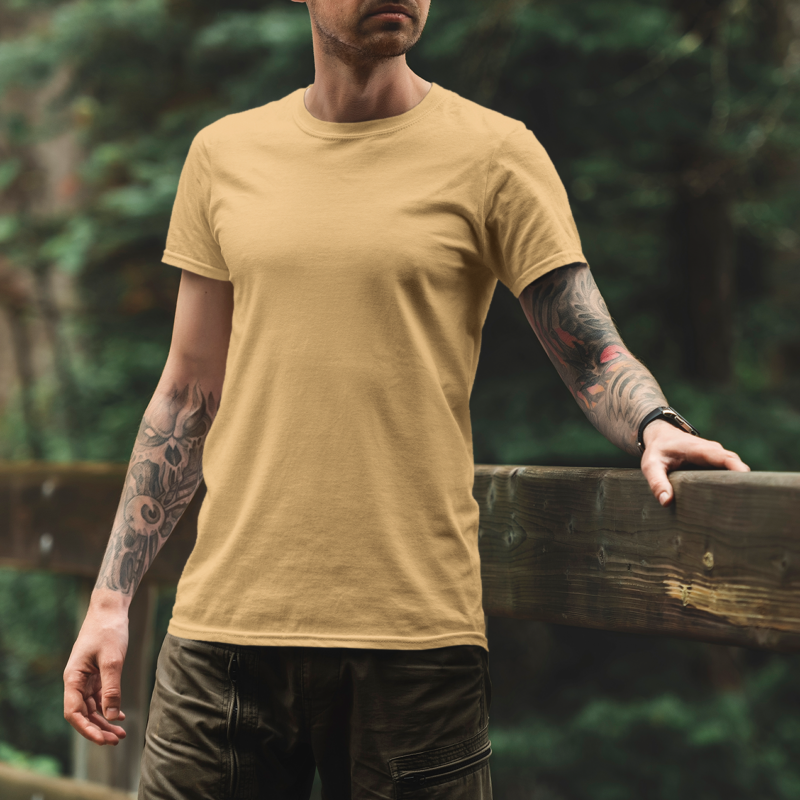Great Advice To Deciding On Bamboo Clothes
Wiki Article
What Are The Benefits Of Hemp Fibres With Low-Impact Clothing That Is Sustainable?
The hemp clothing made of low-impact fiber has numerous environmental benefits in comparison to clothes made of other materials, notably synthetic fibers as well as conventional cotton. Hemp clothing offers several environmental advantages. It is fast growing and requires little water, pesticides, or herbicides compared to many other crops. Hemp is adaptable to different soils and thrive in a variety of climates.
Reduced water consumptionReduced Water Usage Hemp generally requires less water than cotton, which is famous for its high water consumption. Hemp clothing is water-efficient due to this.
No Herbicides and Pesticides Hemp can be grown without the need for synthetic herbicides or pesticides in many cases, reducing the environmental impacts of chemical farming.
Soil Health- Hemp cultivation can enhance soil health thanks to its deep root system, which prevents compaction and erosion of soil. The soil is also left in better shape for future growth.
Biodegradability Hemp fibers are biodegradable and break down in time. They help reduce the impact on the environment of textiles. In contrast to synthetic fibers such as polyester that can require thousands, or even hundreds of years to degrade.
Lower Carbon Footprint - The production of hemp fibers leaves a generally lower carbon footprint compared to synthetic materials. Hemp is also a sink for carbon dioxide through the absorption of carbon dioxide from air during the growth process.
Durability- Hemp clothing is known for its long-lasting durability and durability. Hemp garments of good quality can last for years. They can reduce the need for replacements, and can also reduce the amount of waste.
Hemp plants naturally resist many bugs. They don't need pesticides.
The versatility of Hemp can be utilized for a wide range of textiles that include bags, clothing and accessories, making it a versatile and sustainable choice for clothing and textiles.
Regenerative Agriculture- Certain sustainable farming practices integrate hemp into regenerative agricultural systems that seek to restore and improve ecosystems while producing crops. This approach could have positive environmental effects.
While hemp offers many environmental benefits, its overall sustainability is impacted by other aspects, such as the dyeing, transportation and consumer behavior. As with any industry, there can be variations in the production methods and standards. Therefore, it's recommended to seek out certified organic or sustainable hemp clothing choices to guarantee the greatest environmental benefits. View the most popular on the main page for website recommendations including hemp textiles, hemp mens jeans, hemp cotton fabric, hemp long sleeve shirt, organic hemp clothing, hemp mens jeans, organic hemp clothing, patagonia work pants hemp, patagonia hemp work pants, hemp yoga clothes and more.

How Do Hemp Fibers Improve Carbon Sequestration (Carbon Sequestration) Sustainability, Sustainability, And Crop Rotation (Crop Rotation)?
Carbon Sequestration:
Hemp is a plant that grows at a rapid rate. It matures between 70 and 120 days depending on the hemp type and the conditions under which it grows. In their rapid growth phase hemp absorbs carbon dioxide from the atmosphere via photosynthesis. This carbon uptake contributes significantly to carbon sequestration, by cutting down the amount of CO2 in the atmosphere.
Hemp has a high biomass production. The plant's tall stalks as well as dense foliage yield a large quantity of organic matter. This biomass is able to create organic carbon in soils as well as to be used in other ways.
Sustainability:
Hemp crops need less herbicides and pesticides in comparison to other crops, like cotton. Hemp's natural defense against numerous insects and diseases is reduced by chemical intervention. Particularly organic hemp farming, it emphasizes sustainable practices, since it doesn't use chemical pesticides.
Hemp has a high water-efficiency in comparison to other crops that require a lot of water, such as conventional cotton. This helps hemp to be more sustainable in areas with less water resources.
Hemp roots are deep and help improve soil quality. The hemp's roots help to prevent soil erosion, by stabilizing the soil's structure and decreasing runoff. Hemp is a great plant to boost soil microbial activity, which helps to improve soil nutrient cycle and fertility.
Hemp can be integrated in crop rotation systems. Crop rotation involves alternating different crops within the same field for a period of durations of. It can aid in breaking the cycle of disease and pests and reduce soil depletion and enhance soil structure. Hemp is a fantastic crop to rotate, and its use can contribute to sustainable farming.
Crop Rotation
Hemp can also be added to the rotation of other crops, like vegetables, legumes or grains. Diversification is essential for maintaining soil health, reducing the risk of pests or illnesses that are unique to specific crops, and helping to ensure a balanced cycle of nutrients.
Hemp's deep root system can penetrate soil and aerate it, reducing compaction while also increasing the amount of water that is absorbed. After hemp, improved soil structures can benefit the next crop.
In short, hemp fibers enhance carbon storage, sustainability, and crop rotation practices due to their rapid growth and biomass production. Additionally, they require minimal chemicals, make efficient use of water, and can be used in conjunction with crop rotation systems. Hemp farming is a sustainable agricultural practice. The fibers that result are environmentally friendly and ideal for use in textiles, as well as many other applications. Follow the top rated hemp clothing url for blog advice including american made hemp clothing, t shirt hemp, hemp tank top, hemp shorts mens, patagonia hemp overalls, hemp sweatshirt, hemp baja hoodie, hemp pants, patagonia volley shorts, dash hemp clothing and more.

What Are The Benefits Of Wearing Bamboo Clothes For Wellbeing And For The Environment.
Bamboo clothing is a fantastic option to keep you comfortable and also the surroundings.
Softness- Bamboo fabric is known for its exceptional softness. It's silky and smooth to the sensation. Bamboo clothing can be luxuriously smooth, which is the reason it is a preferred choice for intimate clothes.
Bamboo fibers have a natural ability to draw moisture away and they are breathable. These micro-gaps let air circulate and help keep your body cool. Moisture wicking aids in drawing sweat off your skin.
Bamboo clothing is ideal for thermoregulation. It can help keep you warm by capturing the body heat. In hot weather, bamboo clothing will keep your body cool and allow the heat and moisture to go away. Bamboo clothing is appropriate to wear all year round because it is able to adapt to various temperatures.
Hypoallergenic- Bamboo fabric is naturally hypoallergenic and gentle for sensitive skin. It's less likely to cause irritation on the skin or allergic reactions.
Bamboo fibers contain natural antimicrobial properties that prevent the spread and growth of bacteria that cause odor. This property contributes to bamboo clothing remaining fresh, even when it is worn during physical activity.
Environment-
Sustainability- The bamboo plant is a sustainable and renewable resource. Bamboo is among the fastest-growing plants in the world. It needs minimal water for cultivation and uses no pesticides. Bamboo can be harvested and the plant will re-grow by regrowing its roots.
Bamboo is water efficient by nature. Bamboo can be grown with minimal irrigation, and is often grown with rainwater only. This reduces the environmental impact of water usage in agriculture.
Biodegradability- Bamboo clothing is biodegradable meaning that it breaks down naturally over time when disposed of. This reduces the amount in the landfills of non-biodegradable materials.
Carbon Sequestration - Bamboo plants are able to absorb CO2 from the air during the rapid expansion. Bamboo cultivation can be a carbon-sink that can help to mitigate climate changes through reducing greenhouse gases.
Chemical Reduction The bamboo fabric is made with fewer chemical treatments than other textiles. This minimizes the impact on the environment of textile production.
Closed-Loop Systems- Bamboo fabric production uses closed-loop techniques which recycle chemicals and water. This reduces the amount of waste and pollution.
The impact on the environment of bamboo clothing can differ in relation to the method by which they are made and if the bamboo comes harvested from forests that are sustainable and sustainably managed. Bamboo clothing produced according to sustainable practices will bring the most environmental benefits. Have a look at the most popular bamboo clothing for site tips including kyte pajama, bamboo under wear, short sleeve bamboo pajamas, bamboo cay shirts, bamboo ladies clothing, bamboo onesies, bamboo trousers mens, boody bamboo underwear, bamboo cay christmas shirts, bamboo t shirts womens and more.
